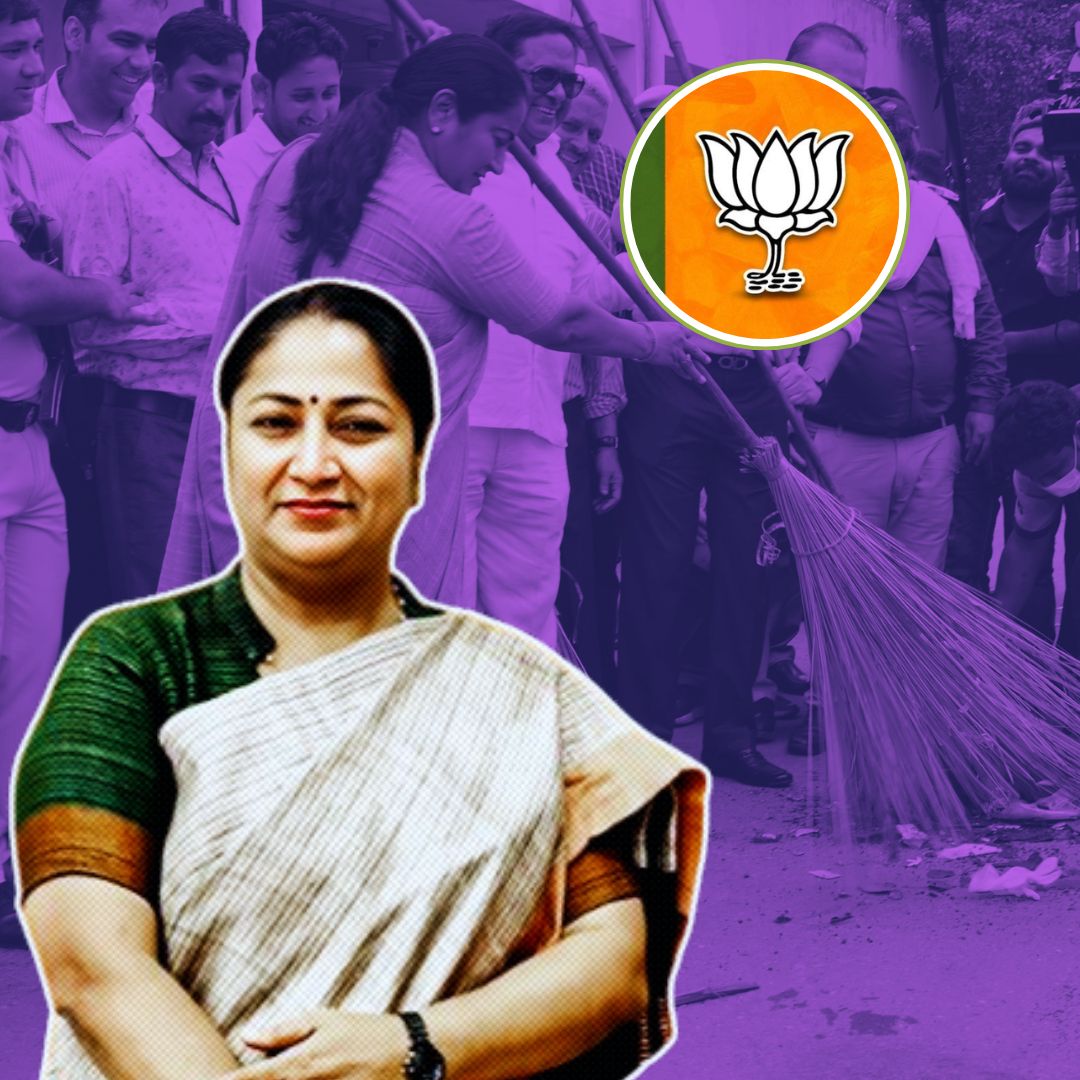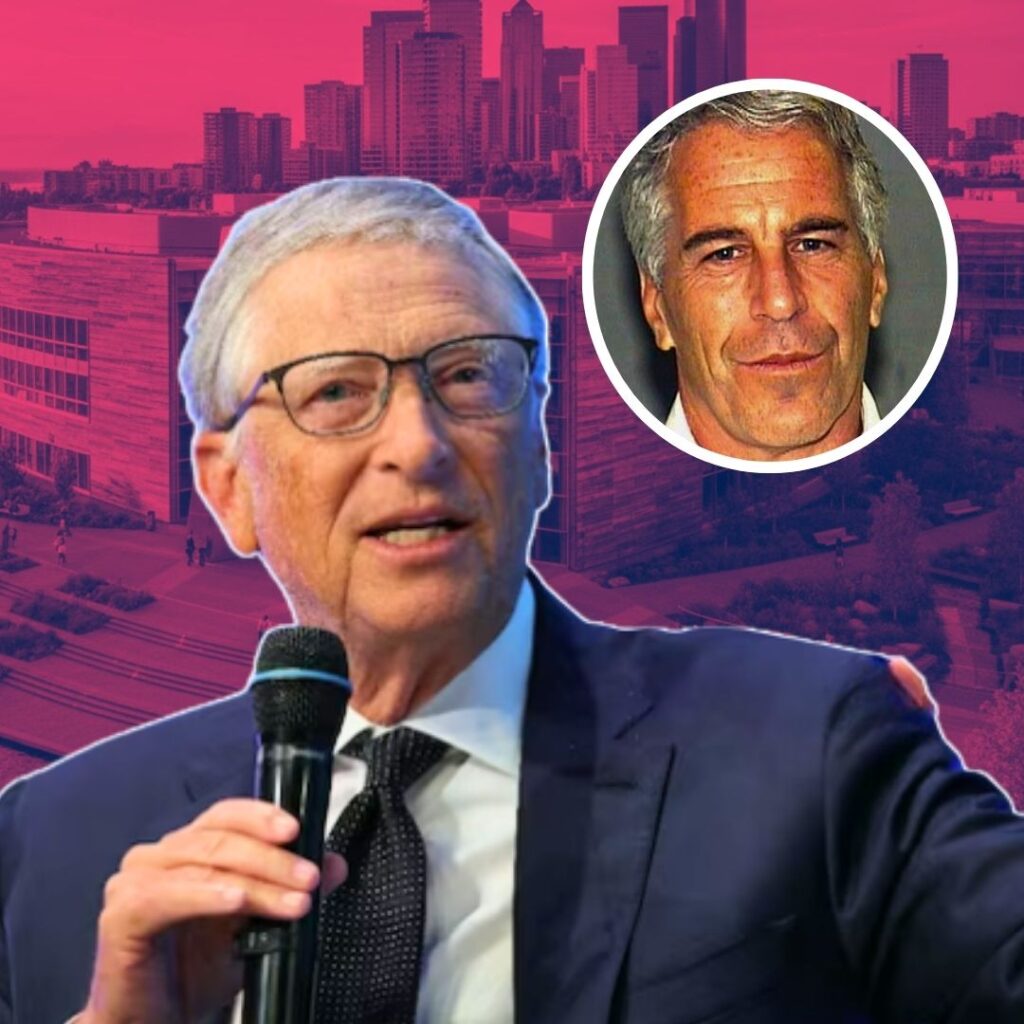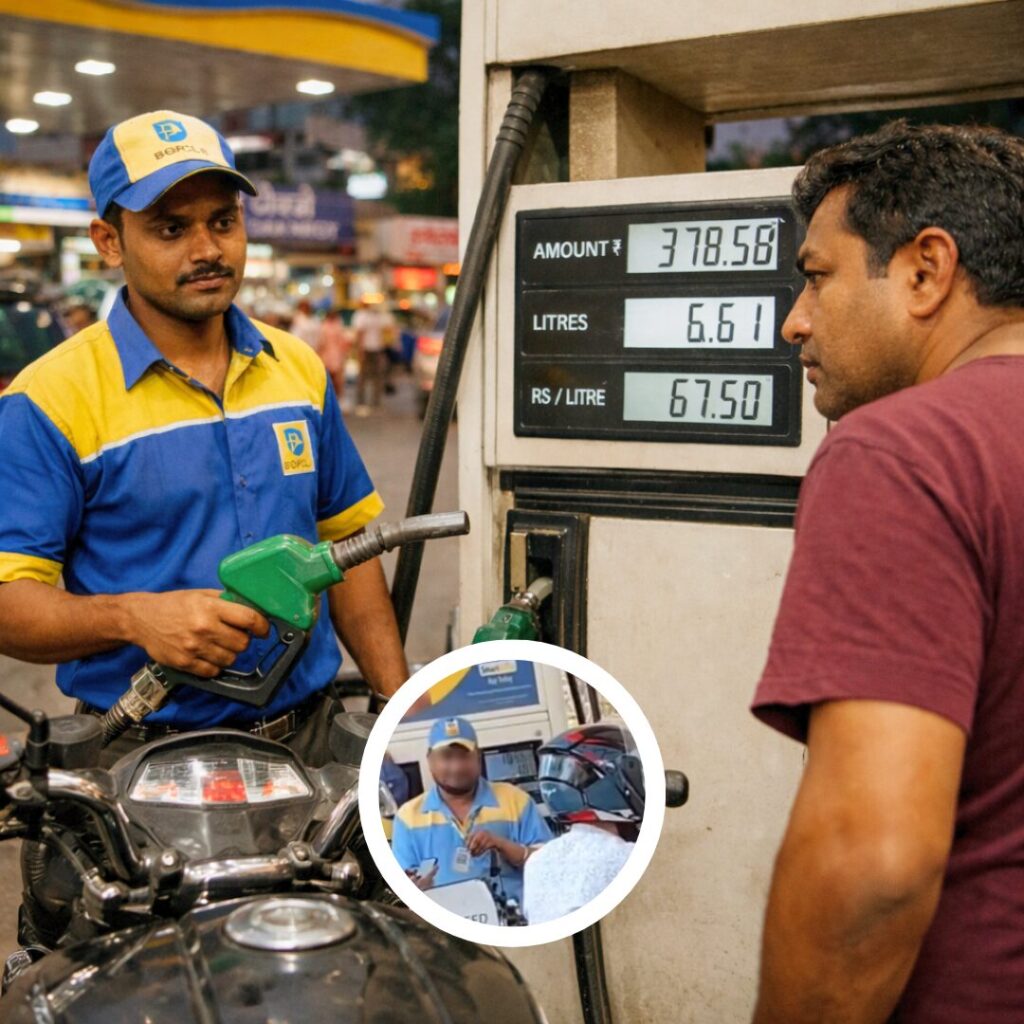Delhi Chief Minister Rekha Gupta inaugurated a month-long cleanliness drive titled “Delhi Ko Koode Se Azadi” on August 1, 2025, aiming to make Delhi a cleaner, healthier, and more beautiful city. The campaign focuses on clearing accumulated garbage, e-waste, and old files from government offices and public spaces across the city and runs through August 31.
This initiative involves government employees, resident welfare associations (RWAs), market groups, schools, and colleges, with active participation from officials such as Delhi Mayor Raja Iqbal Singh and Education Minister Ashish Sood. CM Gupta also announced plans to build a new secretariat to improve the working environment for government departments. The campaign features a government portal that allows citizens to submit before-and-after photos of cleaned sites, encouraging wider community involvement.
An Inclusive Drive for a Cleaner, Healthier Delhi
The “Delhi Ko Koode Se Azadi” campaign was launched at the Women and Child Development (WCD) office near Kashmir Gate, where Chief Minister Gupta personally led the clean-up of old waste materials including e-waste, damaged files, and broken office equipment left unattended for years. Expressing concern over the deteriorated state of government buildings, she highlighted hazardous conditions such as water leaks, unstable ceiling fans, and unrepaired fire damage that compromise safety and efficiency. The CM’s hands-on approach underscored the urgency of restoring dignity and functionality to public spaces.
The cleanliness drive is deliberately inclusive, pulling together diverse segments of Delhi’s population — from government employees and RWAs to market associations, religious leaders, schools, and colleges. Special weekend programmes are planned throughout August to widen participation. The initiative also targets areas beyond offices, including schools, hospitals, marketplaces, slums, and industrial zones, reflecting a holistic vision of urban cleanliness and public health. The launch of a dedicated government portal invites citizens to take an active role by documenting cleaning efforts and receiving recognition or rewards for impactful contributions.
Historical Context: A Call for Reform and Accountability
This campaign emerges against the backdrop of longstanding concerns over civic management in Delhi’s administration. CM Gupta sharply criticised the previous Aam Aadmi Party (AAP) government for neglecting essential upkeep in government buildings while focusing on grand projects, leaving offices marred by years of accumulated neglect. Calling for transparency and responsible governance, she announced plans for a new government secretariat designed to consolidate all departments under one roof with modern amenities and better waste management systems.
Beyond the immediate cleanliness push, the campaign symbolises a broader commitment to reform Delhi’s governance culture — emphasising accountability, efficiency, and citizens’ well-being. Tackling e-waste and clearing storerooms-full of obsolete files and junk not only improves cleanliness but also reflects improved record-keeping and administration. The drive’s timing — coinciding with India’s Independence month — adds symbolic resonance, linking cleanliness and civic responsibility to national pride and renewal.
The Logical Indian’s Perspective
The “Delhi Ko Koode Se Azadi” campaign is a laudable and necessary step towards environmental stewardship and public service reform. It embodies values of empathy, collective duty, and peaceful coexistence essential for a metropolitan city to thrive. Importantly, it recognises the intertwining of physical cleanliness with administrative transparency and improved governance. Yet, for real transformation, this campaign must go beyond temporary enthusiasm. Sustained implementation, transparent progress reporting, and broad-based community ownership are key to embedding a culture of cleanliness in everyday civic life.
Citizens, civil society, and government alike must collaborate actively to make such initiatives meaningful and long-lasting. The Logical Indian urges all Delhi residents to engage positively and champion cleanliness as a shared responsibility.













